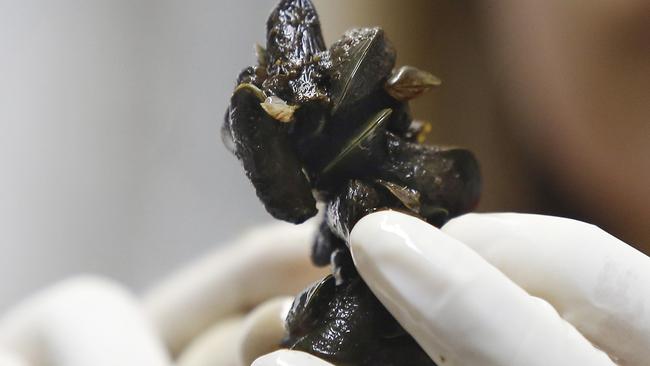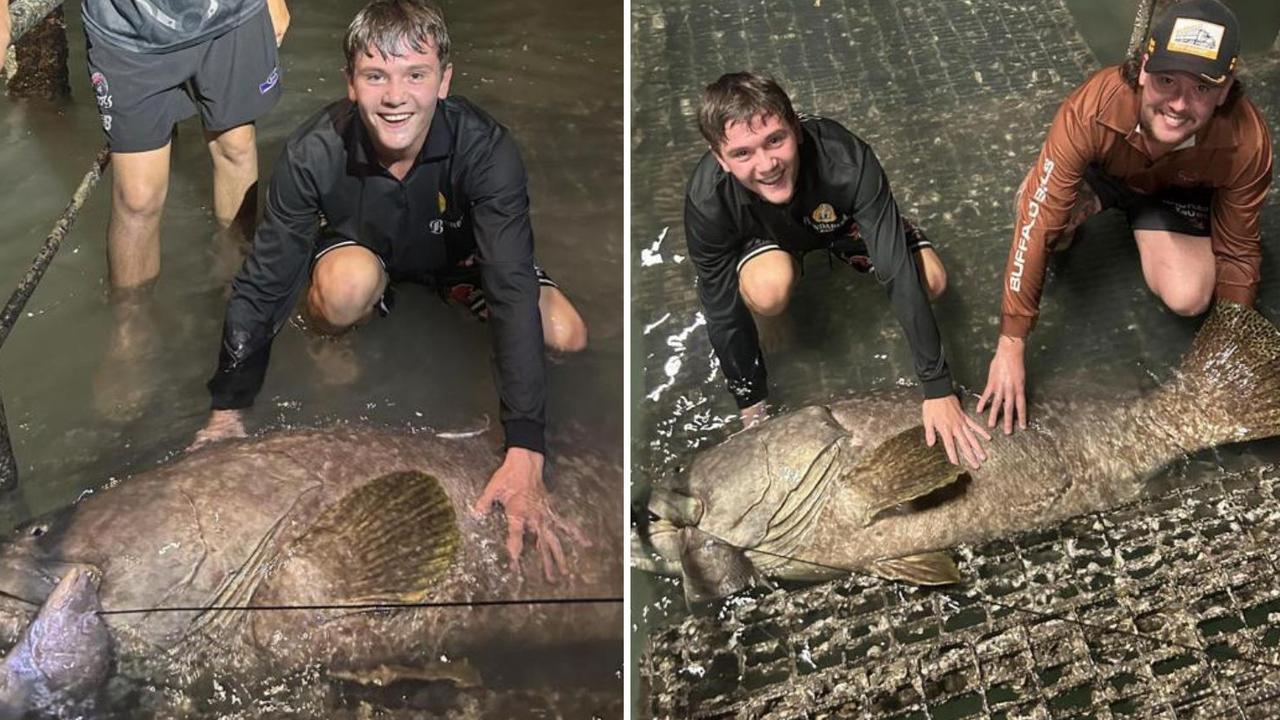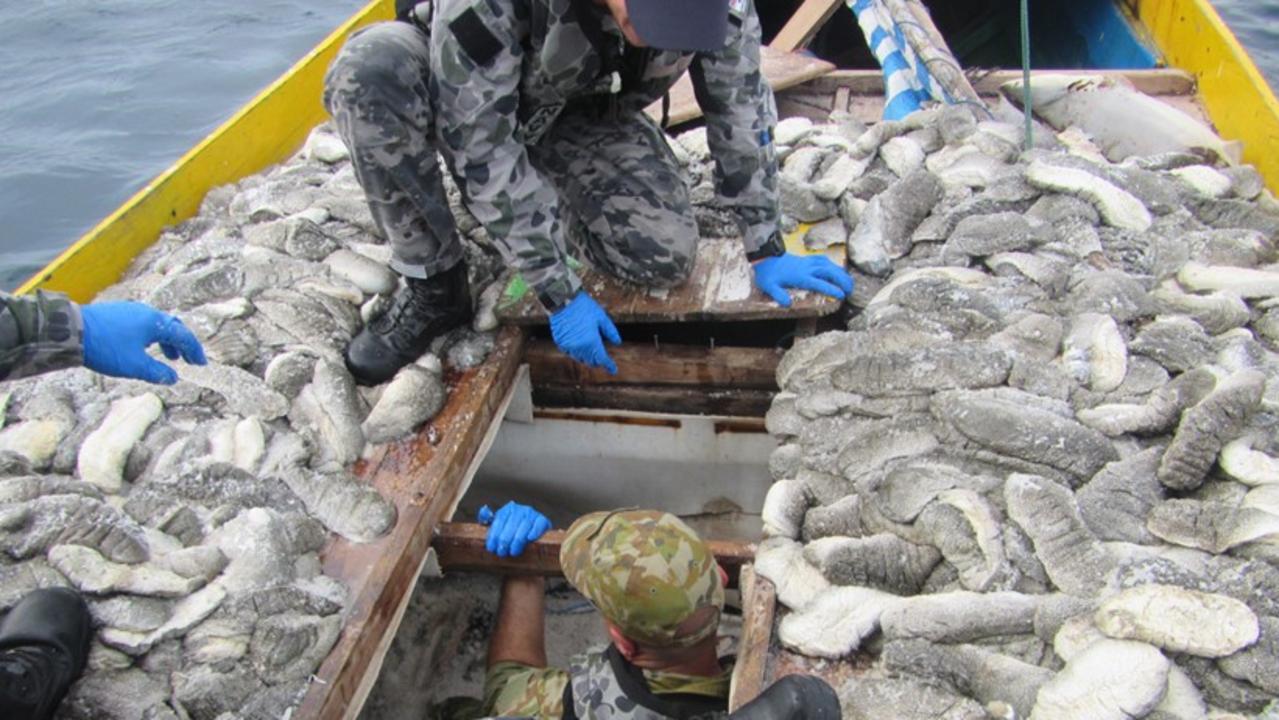Invader flexes mussels to trigger Amazon alert
The world’s mightiest waterway, the Amazon River, is threatened by the most diminutive of foes – a tiny mussel invading from China.

Fishing
Don't miss out on the headlines from Fishing. Followed categories will be added to My News.
The world’s mightiest waterway, the Amazon River, is threatened by the most diminutive of foes – a tiny mussel invading from China.
Since hitching its way to South America in the early 1990s, the golden mussel has claimed new territory at alarming speeds, ploughing through indigenous flora and fauna as it has spread to waters in five countries.
Now, scientists fear the invasive species could make a jump into the Amazon, threatening one of the world’s unique ecological systems.
“There’s no doubt the environmental effect would be dramatic,” said Marcia Divina de Olivieira, a scientist with the Brazilian government’s Embrapa research agency.
The golden mussel, which commonly grows to no more than an inch in length, is a hardy breeder, reproducing nine months a year by releasing clouds of microscopic larvae that float with the current to new territories.
They attach to hard surfaces such as river bedrock, stones, man-made structures and even each other, forming large reef-like structures.
They have devastated native clam species by attaching themselves onto the local molluscs, sealing them shut.
Their ability to clog pipes has forced operators of hydroelectric and water treatment plants in Sao Paulo state, Buenos Aires, Argentina, and elsewhere to spend millions of dollars annually to clear them out with chemical drips or shut down turbines to scrape out giant mussel formations.
Golden mussels are filter-feeders, sucking in water and filtering out plankton and other microscopic bits of plant and animal life.
Their proliferation can alter phosphorous and nitrogen levels in the water, producing blooms of toxic algae that can be deadly to aquatic creatures and humans.
While the thriving mussel colonies can mean more food for local fish and ducks, the disruption of the food chain can upset local systems, said Hugh MacIsaac, a professor at the University of Windsor, in Ontario, Canada, who studies invasive aquatic species.
“You clearly want to keep these out of the Amazon because the potential consequences are significant,” he said.
“The key right now is you have to shut the door to make sure they can’t spread further.”
The advance of the golden mussels appears to have stalled at the sweeping Pantanal wetlands system in western Brazil, where natural cycles of rising and falling oxygen levels have kept the population in check.
But, the Pantanal is just 2000km away from waters linked to the Amazon, and scientists fear a boat towed overland could carry the species.


